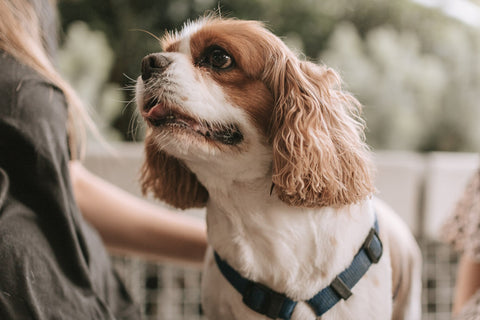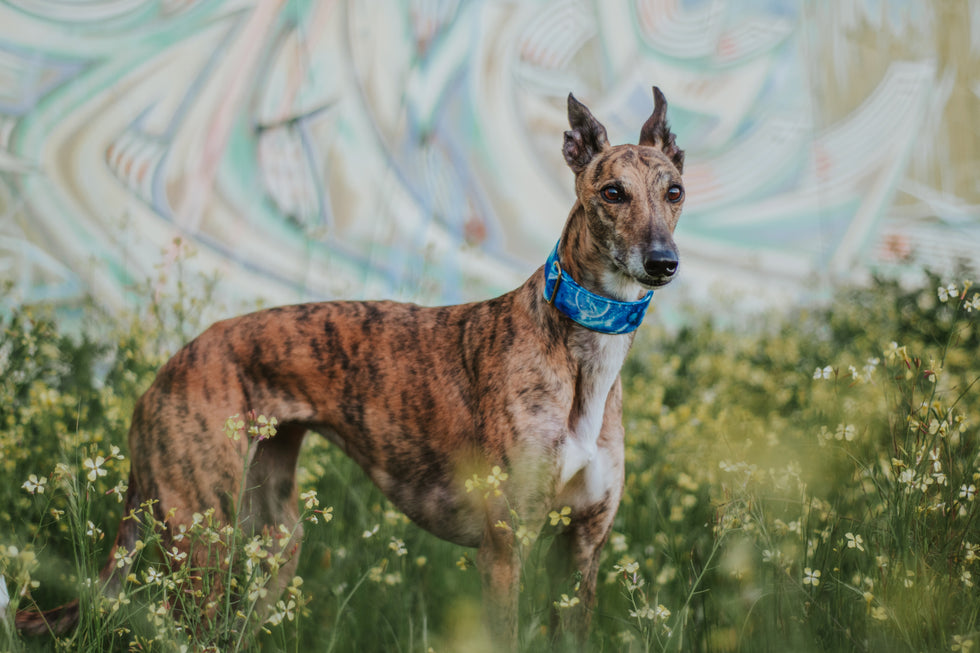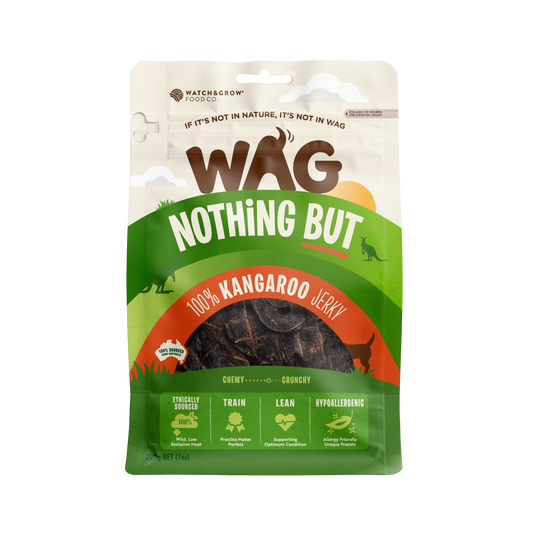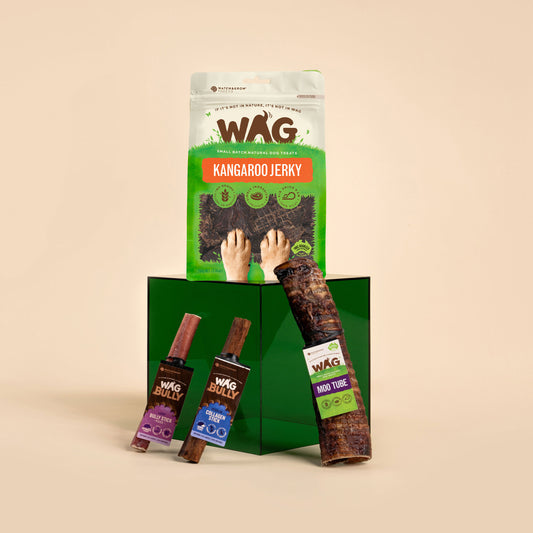When Do Puppies Lose Their Teeth? A Guide to Understanding Your Puppy’s Teething Process

As the owner of a new puppy, you may be wondering: "Do puppies lose their teeth?" The answer is yes. Just like small children, young puppies lose their baby teeth—which are then replaced with adult teeth. A teething puppy may experience discomfort, and as a dog owner there are ways you can help support your young furry friend through the teething process. There are also certain signs you can watch for to know when your puppy is teething.
Here's a guide to everything you need to know about your puppy's teeth and what to expect when they're teething.
When do puppies get their baby teeth?
Puppies don't have teeth when they're born. It's not until they're around 3-4 weeks old that a puppy will start to get their baby teeth (also called milk teeth or deciduous teeth). Generally all 28 baby teeth are present by the time a puppy is 8 weeks old. The baby teeth are very sharp teeth, and puppies are known for nipping.
When do puppies lose their teeth?
Puppies start losing their baby teeth around 3 months old. Usually, by the time a puppy is 6 months old, they've lost all their milk teeth.
You may find puppy's baby teeth around the house, but often they will swallow them when they fall out.
When do puppies get their adult teeth?
A puppy starts getting their adult teeth as soon as the baby teeth start to fall out - usually from around 3 months old. In general, the baby incisors will be the first to fall out, with the permanent incisors replacing them.
There are 42 permanent adult teeth and by the time a pup is 6 to 7 months old, they will have them all.

How long do puppies teethe for?
The puppy teething stages generally follow this guide for eruption:
- Incisors - around 3-4 months
- Canine teeth - around 5-6 months
- Premolars - around 4-6 months
- Molars - around 4-7 months
If you notice some of the milk teeth remain even after your dog's adult teeth have come in, make sure you mention it to your vet as they may need to be removed.
How to tell your pup is teething
The following signs are often what pet parents may notice when their pooch is teething:
- Increased chewing or nipping
- Red, bleeding or inflamed gums
- Increased drooling
- Irritability and increased whining
- Decreased appetite
Supporting your puppy through the teething process
Just like for human babies, teething for pups can be a painful process, or bring some discomfort. There are things you can do to support your pooch while they're getting their new teeth.
Puppy teething toys
Chewing is often one of the most obvious signs of teething. Offering chew toys gives your pup an opportunity to chew to their heart's content — while saving your furniture, clothing and shoes! Chewing can offer relief for a pup's sore mouth as their permanent teeth come in. Chew toys that you can put in the fridge or freezer are great for numbing a teething puppy's sore gums.
Puppy treats
Dog treats can be a great distraction from discomfort for a teething puppy. Chewy treats are the best option, as they are soft for those sore gums, and allow you to redirect your puppy's attention away from things they aren't allowed to chew.
Always make sure any treats you offer your pup are natural and free of any nasty fillers and preservatives. Avoid any treats that have ingredients you don't recognise, and stick to single ingredient, natural treats to ensure your pup is enjoying only the very best.
Make sure any treats you offer your dog don't contain xylitol (an ingredient sometimes found in peanut butter) or artificial flavours and colourings.

Enrichment activities
Dogs need mental stimulation as well as physical exercise, even from a young age. Offer enrichment activities for your furry friend to not only distract them from the discomfort of teething, but also to support their development.
Chew toys and chewy treats, such as our Beef Cartilage Chews or Kangaroo Jerky are fantastic for enrichment as well as to satisfy your teething puppy's need to bite. Chewing is an important part of your puppy's development, including the development of the jaw and gums. Chewing is a great boredom buster for your pooch, and is a good way for your pup to keep their teeth clean.

You can buy enrichment toys or make your own at home. Ideas such as snuffle mats are ideal for puppies and adult dogs alike, and give your puppy a chance for a mental workout while they sniff out a teething treat, such as frozen fruit.
Natural treats for the teething pup
Teething can seem overwhelming to pet parents — but rest assured your dog's teeth will usually all be present by the time your pup is 6 months old. Knowing when puppies lose their teeth will help you be prepared for your own puppy teething, and offering puppy treats is a great way of supporting your pup through the sometimes painful process. Dog treats should be natural and free from nasties - it's best for the wellbeing of your pooch, and also the health of their new adult teeth.
Here at WAG we have a collection of treats designed specifically for puppies, such as our Puppy Pack which is full of chewy treats suitable for your furry little friend while they're teething.
Shop the wide range of puppy treats with WAG today and support your precious pup through the stages of teething and beyond.
Shop the Recipe
WAG Team
Up Next
Decoding Dog Body Language: A Guide for Understanding Your Furry Friend’s Communication





